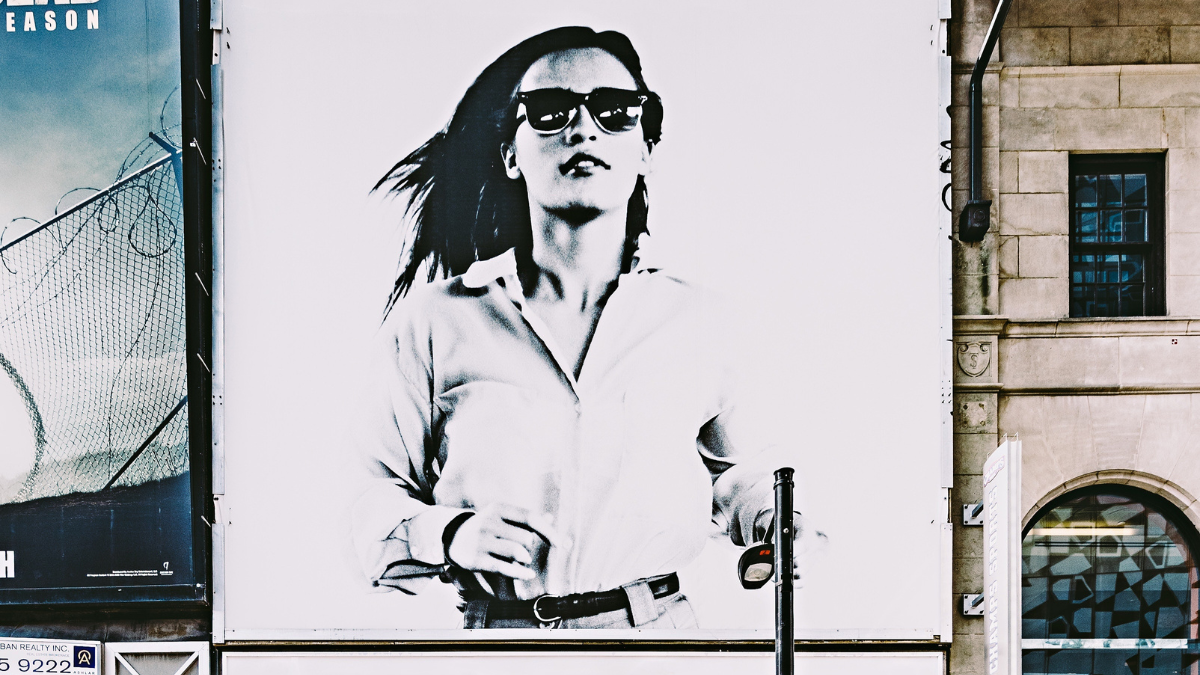The tides are slowly turning in how people are feeling, perhaps it’s the fact that summer is here, and we’ve had three bank holidays in May, not to mention more than four days of heat.
There’s a wave of optimism sweeping the UK evidenced not only in attitudes, but also in behaviours. A looking out and up versus down and inwards mindset coming to the fore.
Whilst a pint at coronation weekend still cost an average of £4.23, up 21% since 2016. According to Wavemaker’s recent Cost of Living research, 38% of people are now saying they ‘feel confident about my financial future.’ With this comes an increasing intention to buy big ticket items again — especially holidays. People are saying they will spend less time at home, are considering starting a new career, and reassuringly 50% say they want to learn and explore new things.
So how far should brands be embracing this optimism? Should brands be riding and leading this wave? Being travel agents to better? Or should they be sober realists? Are we being too early to tell we’re out of the woods? Is this just a spring break and brands should be cautious?
Brands absolutely have the right to be optimists
Optimists see the positive side of things. They expect things to turn out well. They believe they have the skill and ability to make good things happen. Brands have licence to be this way because they are built on the promise of better — a brand’s history lies in the stamp of approval, it’s in their DNA. Quite literally they offer locks like Wonder Woman (Pantene) or brighter smiles (Colgate).
On a deeper level they’ve always offered utopian possibilities. On brighter futures. On the promise of a better life. Brands offer people joy (Coca-Cola), increased chances of getting laid (Lynx) love of your real body (Dove) or just simply a feeling you can ‘just do it’ all (Nike). They create godlike superhuman spectacle (Chanel), embrace myth and magic (Lloyds) and create extraordinary residencies which last lifetimes (the O2 music venue).
According to YouGov, 72% of people like outdoor advertising because it makes the environment better. People like what brands add to their lives and their environments. In Why Brands Need to be More Superhuman, Less Clark Kent[1], it was argued that brands are authentic in their abstraction, not in being a concrete thing. Brands are slippery, weird, and abstract, and it is in the abstract and the ambiguous that people find them attractive, in the ‘mystery box, a container of infinite possibilities [which] continues to fascinate because it remains unopened‘.[2] It’s in this magic and mystery that they have power to lead to more utopian futures.
Brands should steer clear of explicitly saying the future is bright(er)
Summer always feels better than autumn, and your radiators don’t need £50 notes to fire them as the mercury climbs. People expect an optimism in tone from brands, in body language. We can see optimism on a spectrum — from simply being upbeat, to painting King’s Cross station a florescent pink in upbeat body language (Hotels.com), to telling us there is actually a future to think of (Nutmeg) — it’s felt like there wasn’t one over the past few years, right? — to the richest fantastical claims of Airbnb telling us we can choose any castle or Air Tasker to get Unicorn hedge. It’s these shades which must be embraced across categories.
Travel brands quite rightly can go all in on this, although toilet cleaners less so. But embracing a shade of optimism is essential. Whether that’s just being a bit upbeat and positive, or painting my life fuchsia. People expect and want it.
In dark times, brands need light — whether that be optimism in tone or fantastical creations. After all, Superman came out of the Great Recession, and in the 19th century people looked to fairies and Gothic revival as an escapist solution to the rapid industrialisation that had left them confused. Arguably by being either that guiding North Star which rises above the day-to-day mundanity and impresses people to buy (into) them. Or providing fantastical escapist spectacle — it depends on the category. Financial services arguably can be the safe hands of a positive optimist, whereas travel, more the trapeze artist leading the tide of optimism.
Sensitive yes, sober realists no
Storytellers, entertainers, escape artist tour guides to a world out of the mundanity. From frizz-free hair to an unblocked toilet, they promise to be better in their small ‘p’ of purpose. From fairy tale castles and dates with knights to memories with good friends, it’s brands who can orchestrate and lead on this. Brands must ride this wave of optimism — it’s in their DNA and it would feel inauthentic not to.
To quote Raja Rajamannar, Mastercard’s chief marketing and communications officer’s feelings ‘Marketing is an exercise in optimism, and we need it most when it seems out of reach.’
Brands must decide what hue they are. Are they simply a shade of positive, a deeper shade of optimism, with licence to be one of life’s trapeze artists? Either way, brands must make their body language that of brighter futures.
[1] Next Generation of Leaders 2015
[2] Rose 2011 in Titanic: Consuming Myths and Meanings of an Ambiguous Brand, Stephen Brown, Pierre McDonagh and Clifford J. Shultz, Chicago Journals, December 2013
Featured image: Scott Webb / Pexels

